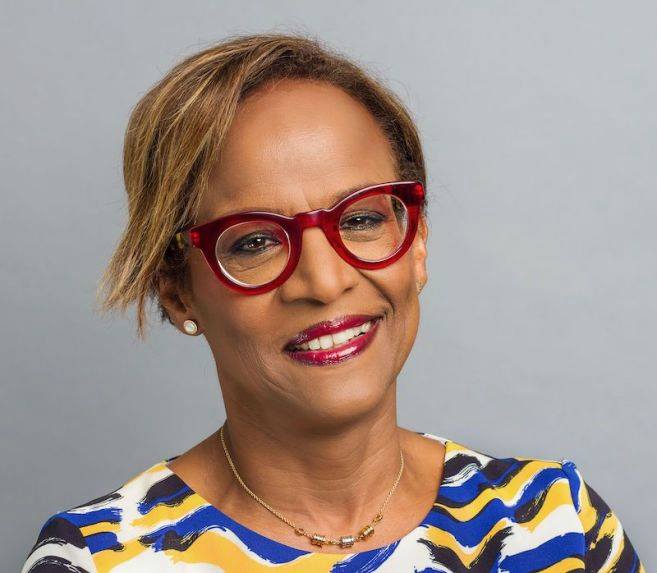Barbados and other regional countries are being urged to implement or update national development plans to make their economies more competitive and to better attract concessionary financing for critical projects.
The call was made during an online panel discussion on Tuesday, on the topic Taking Stock: Caribbean Infrastructure Opportunities, Priority Sectors and the Project Pipeline, a precursor to the highly anticipated Caribbean Infrastructure Forum (CIF) 2023 which is scheduled for September 18-19, 2023 at the Ritz-Carlton Coconut Grove in Miami, Florida.
Presenters called for long-term updated national development plans that go beyond a five-year political term.
Director of Projects with the Caribbean Development Bank (CDB) Therese Turner-Jones said a national development plan is crucial, as it suggests that there has been consultation across a broad cross-section of a population and it is a response to the actual needs of the population.
“Twenty years ago, national development plans were en vogue and it seems as if they have fallen out of fashion. But now, given the state of infrastructure and the amount of what I would call decrepit public sector assets around the region, we really need to think in terms of a long-term plan to get things not only climate-proof but to bring it up to a modern standard,” she said.
Suggesting that the digital transformation infrastructure was key to the region’s development and competitiveness, Turner-Jones said she believed that sector alone had the potential to attract “tonnes of investments”.
“A lot of governments are still not delivering services over the Internet. It still involves having to go to a public sector office, stand in line, fill out a form and do things the old way. That won’t get the competitiveness this region needs to compete with other countries around the world doing the same things we are doing,” the CDB official said.

Division Chief for the Economic Infrastructure Division of the CDB O’Reilly Lewis (right).
O’Reilly Lewis, Division Chief for the Economic Infrastructure Division of the CDB, said while the Barbados-based institution engaged countries on projects at a sectoral level, it was willing to take “a more national approach”.
“Maybe there is a role there where we can be a little bit more aggressive,” he said. “There are difficult conversations that we need to have with the policymakers again. We tend to have a five-year cycle in mind and these plans definitely go beyond that. So there is room for those conversations to happen.”
Meanwhile, Managing Director and Head of Investment Banking at CIBC FirstCaribbean International Bank, Adam Carter, said that financial institution was keen on investing in a range of infrastructure projects, including those that grow the renewable energy sector.
He said FirstCaribbean was also poised to provide funding for a variety of other infrastructure development projects, including grid modernisation, food security, road networks, and digital transformation.
“What we are looking for is sound commercial contracts and frameworks that see a project properly allocating the risks – we know clearly what the governments are allowing, we know exactly what the sponsor and the concessionaire are wanting, and then we know exactly what the financiers are accepting from a risk and economic perspective,” Carter explained.
Adding that such deals were usually long-term, he said “when they span political terms it makes them even longer”, especially if administrations change and decide to “throw out the baby with the bathwater and just press complete reset on a project”.
“Unfortunately, long gestation transactions or investments such as infrastructure you tend to see negotiations change quite a number of times. I think that is something we need to think about carefully and how do we fix some of that,” he said.
Sam Story, Associate Partner and Head of Infrastructure with KPMG in the Cayman Islands, said with concerns that governments talk about projects for many years but show very little movement in many instances, “national development planning and national development strategy is absolutely key to making sure that those vital long-term projects happen”.
“The solution is very much around long-term jurisdiction-level planning. It is a frustration; a lot of these projects drag on far too long and then some of them end up not even happening.
“If you have a plan that sits above ministries and sits at the central government level and all of your ministries have to feed into that plan, and if they want to do a specific project it has to fit within that plan, then everything can come together and be unified and work together as one and the government can take control of its infrastructure and build that out over time with a unified plan,” said Story. (MM)




